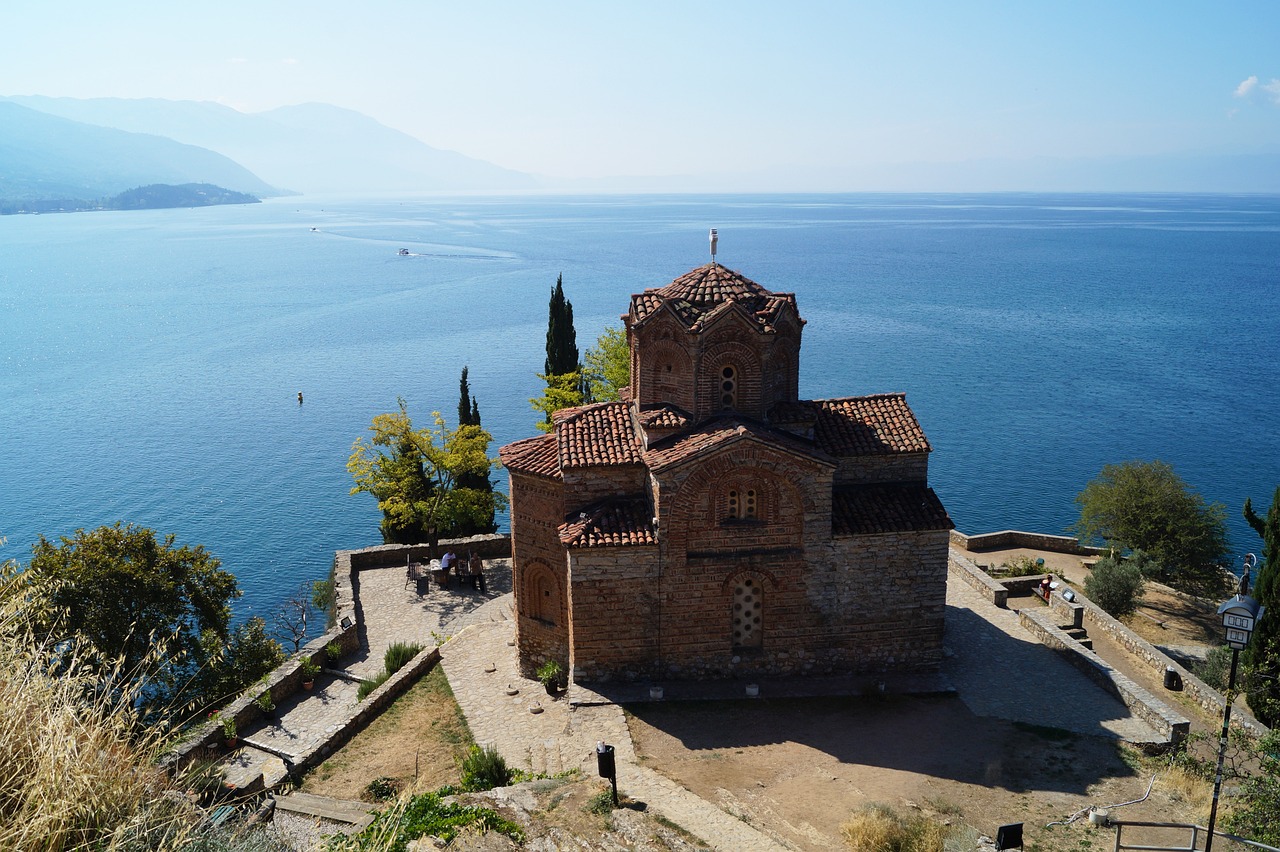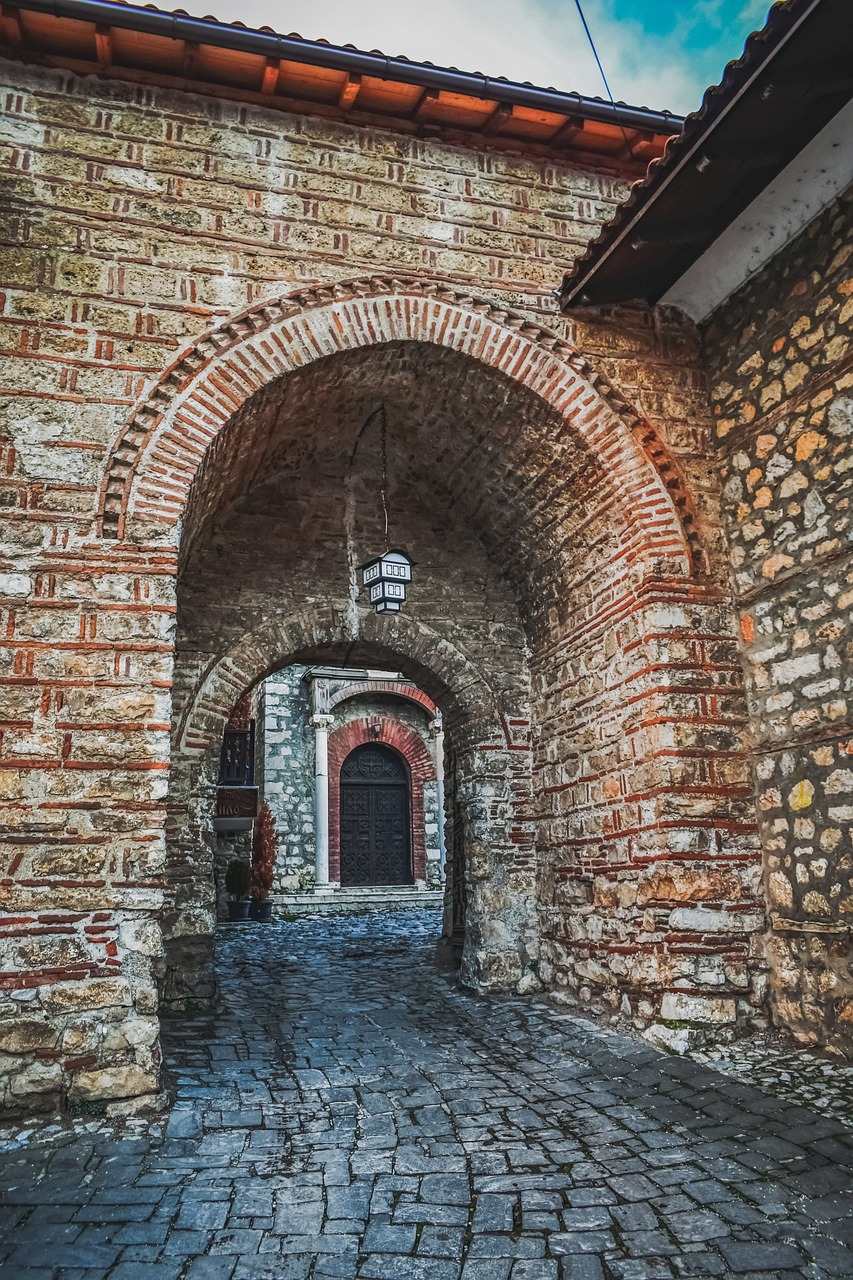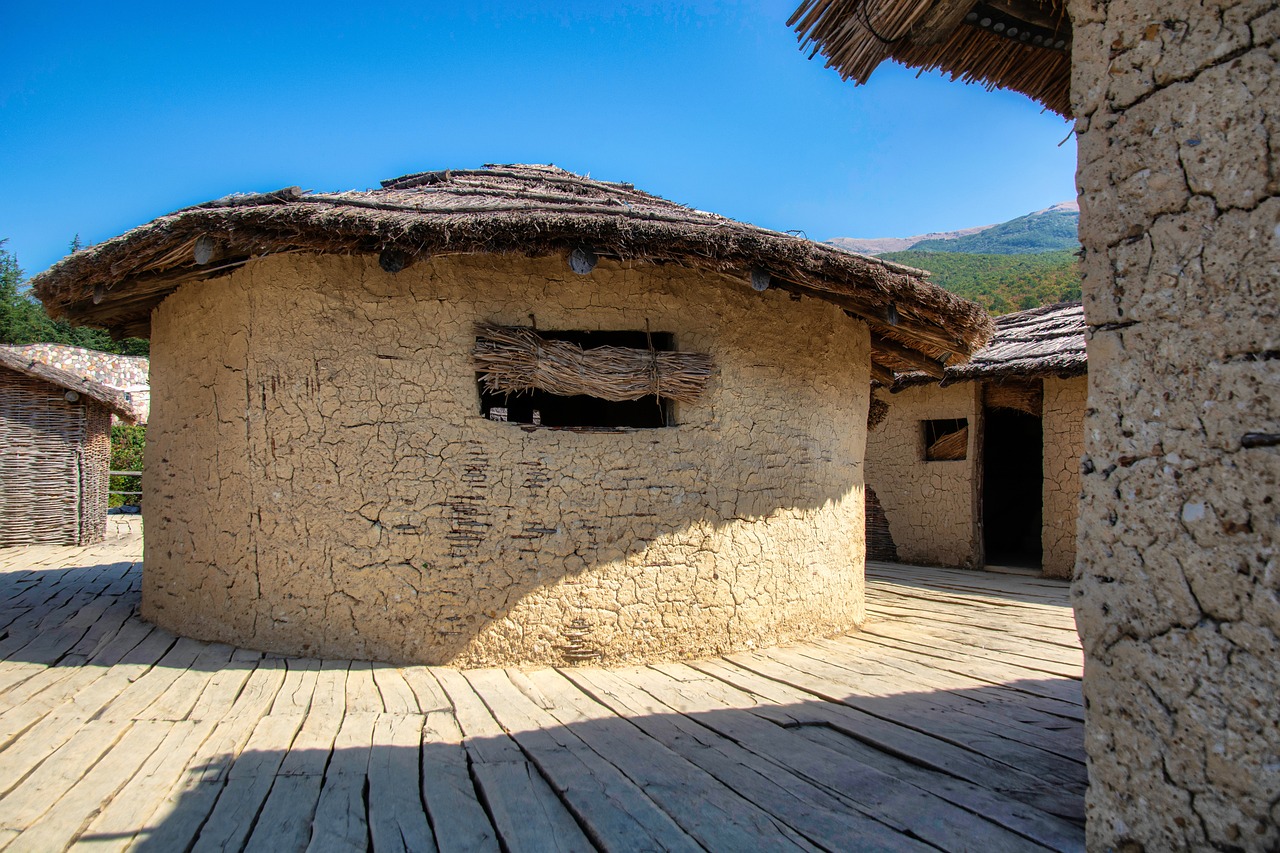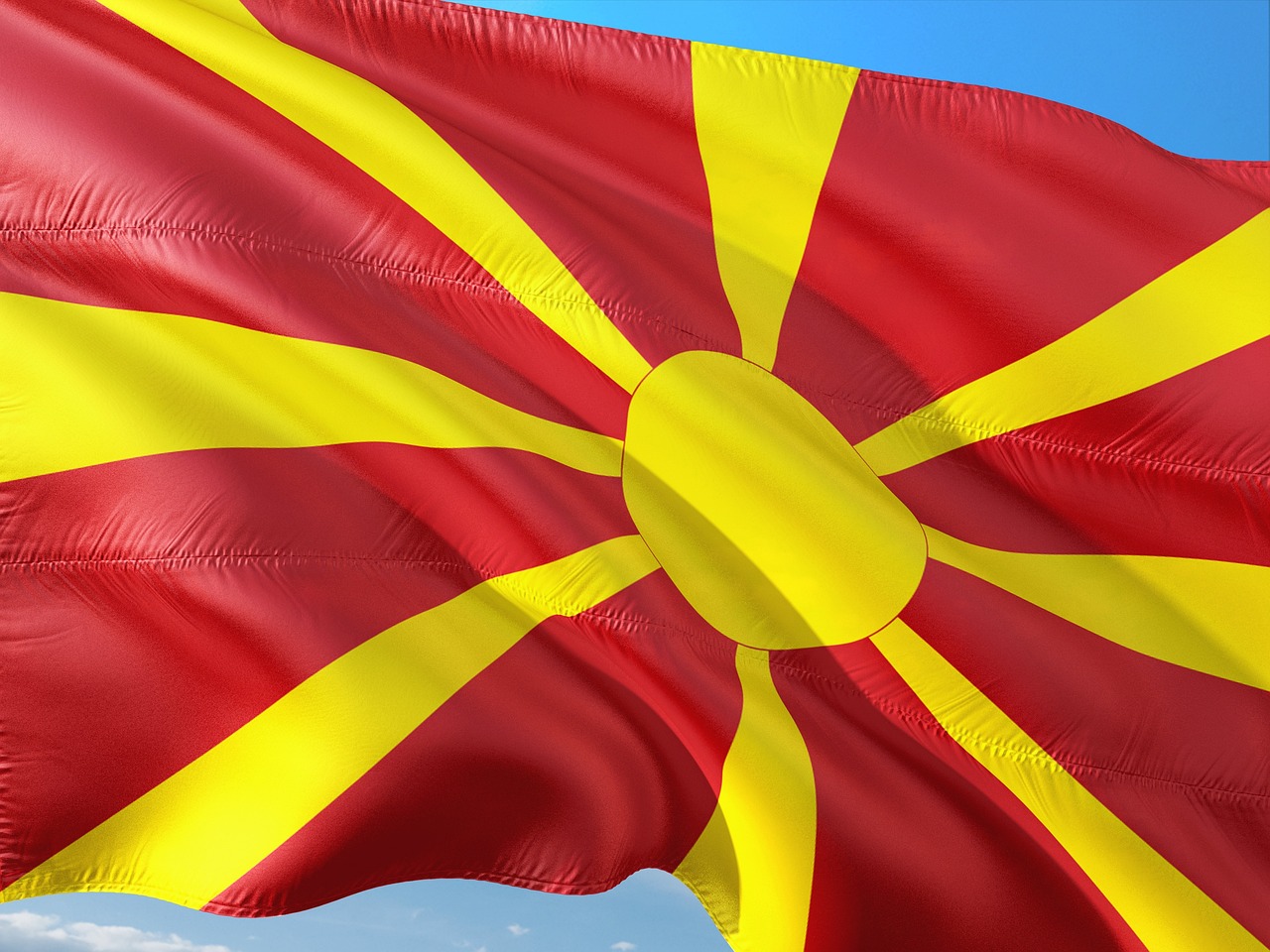Cultural Sensitivities: Understanding Local Norms in Macedonia
Macedonia, officially known as the Republic of North Macedonia, is a country located in Southeast Europe. With its rich history, diverse landscapes, and vibrant culture, it offers a unique travel experience. To fully enjoy your visit to Macedonia, it is important to understand and respect the cultural sensitivities and local norms. This article will provide valuable insights into various aspects of Macedonian culture and help you navigate your way through this fascinating destination.
Religious Traditions and Etiquette
Macedonia is a multi-ethnic and multi-religious country, with the majority of the population being Orthodox Christians. When visiting religious sites, such as churches and monasteries, it is important to dress modestly and behave respectfully. Women should cover their shoulders and avoid wearing revealing clothing. It is also customary to remove your shoes before entering certain religious buildings.
- Orthodox Christianity: The dominant religion in Macedonia, Orthodox Christianity plays a significant role in the country’s cultural and social fabric. Visitors should be aware of the importance of religious holidays and customs, such as Easter and Christmas, which are widely celebrated.
- Islam: A significant minority in Macedonia practices Islam. When visiting mosques or Muslim communities, it is important to dress modestly and remove your shoes before entering. It is also courteous to ask for permission before taking photographs.
- Other Religions: Macedonia is also home to small communities of Catholics, Protestants, and Jews. Visitors should respect their traditions and customs when interacting with these communities.
Traditional Customs and Greetings
Macedonians are known for their warm hospitality and friendliness. Familiarizing yourself with some traditional customs and greetings can help you connect with the locals and show respect for their culture.
- Greetings: When meeting someone for the first time, a handshake is the most common form of greeting. Macedonians are generally warm and affectionate, so expect hugs and kisses on the cheek when meeting friends or family members.
- Gift Giving: When invited to someone’s home, it is customary to bring a small gift as a token of appreciation. Flowers, chocolates, or a bottle of wine are popular choices. Avoid giving yellow flowers, as they are associated with funerals.
- Table Manners: Macedonian cuisine is diverse and delicious. When dining with locals, it is polite to try a bit of everything and compliment the host on the food. Remember to keep your elbows off the table and wait for the host to start eating before you begin.
Gender Roles and Social Interactions
Macedonia is a traditional society where gender roles and social interactions may differ from Western norms. Understanding these dynamics can help you navigate social situations with ease.
- Gender Roles: Traditional gender roles are still prevalent in Macedonian society, with men often taking on the role of the primary breadwinner and women managing the household. However, women are increasingly entering the workforce and challenging these traditional roles.
- Punctuality: Macedonians generally have a relaxed attitude towards time. It is not uncommon for social gatherings to start later than planned. However, it is still important to be punctual for business meetings and formal events.
- Respecting Personal Space: Macedonians are generally friendly and affectionate but may have a smaller personal space bubble compared to Western cultures. It is common for people to stand closer together during conversations.
Food and Dining Etiquette
Macedonian cuisine is a delightful blend of Mediterranean, Balkan, and Turkish influences. When dining in Macedonia, it is helpful to be aware of the local dining etiquette and customs.
- Traditional Dishes: Macedonian cuisine features dishes such as ajvar (a roasted red pepper spread), tavche gravche (baked beans), and burek (a savory pastry). Trying these traditional dishes is a must for any visitor.
- Toast and Cheers: When raising a toast, it is customary to make eye contact with each person at the table and say “Na zdravje,” which means “to your health” in Macedonian. After toasting, it is polite to take a sip of your drink.
- Leaving Food on the Plate: Macedonians are known for their generous portions. It is acceptable to leave a small amount of food on your plate to indicate that you are satisfied. Finishing everything may be interpreted as a sign that you are still hungry.
Language and Communication
While the official language of Macedonia is Macedonian, many people also speak English, especially in tourist areas. Learning a few basic phrases in Macedonian can greatly enhance your travel experience and show respect for the local culture.
- Basic Greetings: Learning how to say “Hello” (Zdravo), “Thank you” (Blagodaram), and “Goodbye” (Doviduvanje) can go a long way in establishing a friendly rapport with locals.
- Politeness: Using polite expressions such as “Please” (Vi molam) and “Excuse me” (Izvinete) shows respect and courtesy. The locals will appreciate your efforts to communicate in their language.
- Non-Verbal Communication: Non-verbal cues, such as nodding, smiling, and maintaining eye contact, are important in Macedonian culture and signify attentiveness and respect during conversations.
Macedonia Image 1:

Traditional Celebrations and Festivals
Macedonia is known for its vibrant celebrations and festivals throughout the year. These events offer a glimpse into the country’s rich cultural heritage and provide an opportunity to immerse yourself in local traditions.
- Krali Marko Festival: This annual festival celebrates the legendary hero Krali Marko through music, dance, and folklore performances. It is a colorful and lively event that showcases Macedonian traditions.
- Ohrid Summer Festival: Held in the picturesque town of Ohrid, this festival features a diverse program of music, theater, and dance performances. It attracts artists from around the world and is a highlight of the Macedonian cultural calendar.
- Ilinden Celebration: Ilinden, meaning “St. Elijah’s Day,” is a national holiday commemorating the Ilinden Uprising of 1903. Festivities include parades, concerts, and traditional games, offering a glimpse into Macedonia’s struggle for independence.
Macedonia Image 2:

Environmental Awareness and Outdoor Etiquette
Macedonia is blessed with stunning natural landscapes, including mountains, lakes, and national parks. When exploring the outdoors, it is essential to be mindful of the environment and follow responsible outdoor etiquette.
- Littering and Waste: Respect the natural beauty of Macedonia by disposing of your trash properly. Avoid littering and use designated waste bins or carry your trash with you until you find an appropriate disposal point.
- Hiking and Camping: If you plan to go hiking or camping, make sure to obtain any necessary permits and follow the designated trails. Leave no trace by refraining from damaging plants or wildlife and leaving the area as you found it.
- Wildlife Observation: Macedonia is home to diverse wildlife, including bears, lynx, and rare bird species. When observing wildlife, maintain a safe distance and avoid disturbing their natural habitats.
Respecting Local Laws and Customs
To ensure a smooth and enjoyable stay in Macedonia, it is important to familiarize yourself with the local laws and customs.
- Photography Restrictions: Some religious sites and military installations may have restrictions on photography. Always ask for permission before taking photos in sensitive areas.
- Drug Laws: Macedonia has strict laws regarding drug possession and use. It is important to refrain from any involvement with illegal substances to avoid legal consequences.
- Smoking Regulations: Smoking is prohibited in indoor public spaces, including restaurants, bars, and public transportation. Look for designated smoking areas or ask for guidance if you are unsure.
Macedonia Image 3:

Conclusion
By understanding and respecting the cultural sensitivities and local norms in Macedonia, you can have a more enriching and fulfilling travel experience. From religious traditions and greetings to food etiquette and environmental awareness, embracing the local customs will enhance your interactions with the Macedonian people and allow you to fully appreciate the country’s unique heritage.
References
– Official website of the Government of the Republic of North Macedonia: government.mk
– Ministry of Culture of the Republic of North Macedonia: culture.gov.mk
– Lonely Planet Macedonia: lonelyplanet.com/macedonia
– World Travel Guide Macedonia: worldtravelguide.net/macedonia


